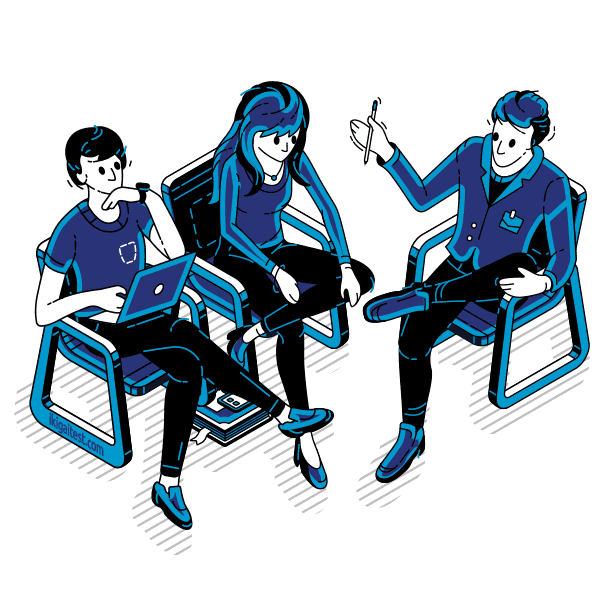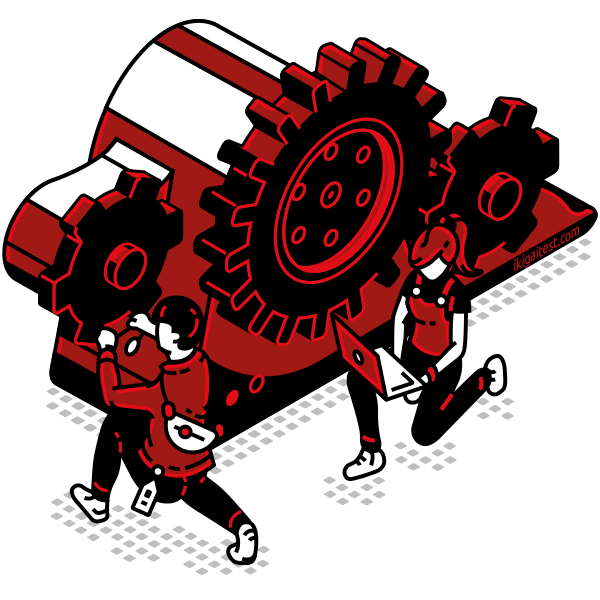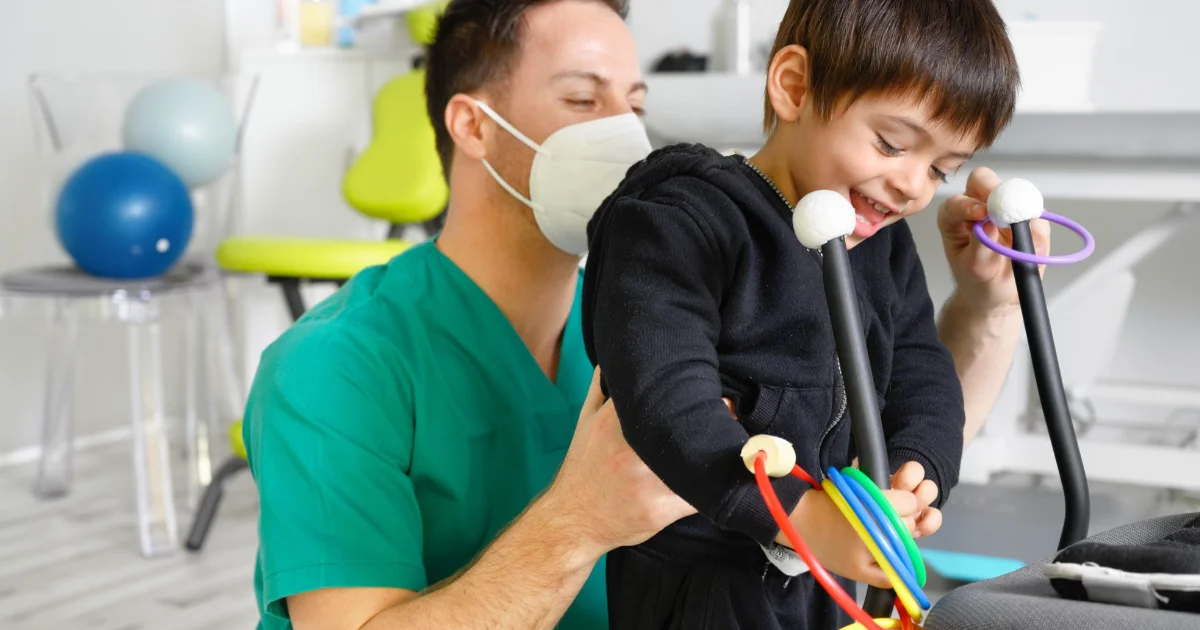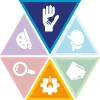Mediator

Mediators should be capable of:
- Providing personal assistance, medical attention, emotional support, or other personal care to others such as coworkers, customers, or patients.
- Developing constructive and cooperative working relationships with others, and maintaining them over time.
- Performing for people or dealing directly with the public. This includes serving customers in restaurants and stores, and receiving clients or guests.
- Handling complaints, settling disputes, and resolving grievances and conflicts, or otherwise negotiating with others.
Technician

Technicians will often be asked these tasks:
- Providing documentation, detailed instructions, drawings, or specifications to tell others about how devices, parts, equipment, or structures are to be fabricated, constructed, assembled, modified, maintained, or used.
- Using computers and computer systems (including hardware and software) to program, write software, set up functions, enter data, or process information.
- Servicing, repairing, calibrating, regulating, fine-tuning, or testing machines, devices, and equipment that operate primarily on the basis of electrical or electronic (not mechanical) principles.
Other work activities related to Occupational therapy assistants
- Communicating and collaborate with other healthcare professionals involved with the caring of a patient.
- Attending continuing education classes.
- Assisting to caring plans meetings for reviewing the patient progress and updating their caring plans.
- Observing and recording patients’ progress, attitudes, and behavior and maintaining this information in client records.
- Maintaining and promoting a positive attitude toward clients and their treatment programs.
- Monitoring patients’ performance in therapy activities, providing encouragement.
- Selecting therapy activities for fitting patients’ needs and capabilities.
- Instructing, or assisting in instructing, patients and families in home programs, basic living skills, or the caring and using of adaptive equipment.
- Evaluating the daily living skills or capacities of physically, developmentally, or emotionally disabled clients.
- Aiding patients in dressing and grooming themselves.•Implementing, or assisting occupational therapists with implementing, treatment plans designed for helping clients in functioning independently.








